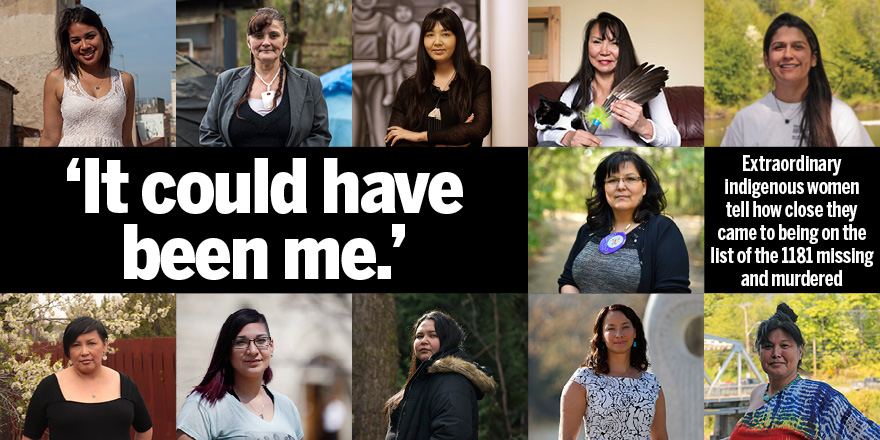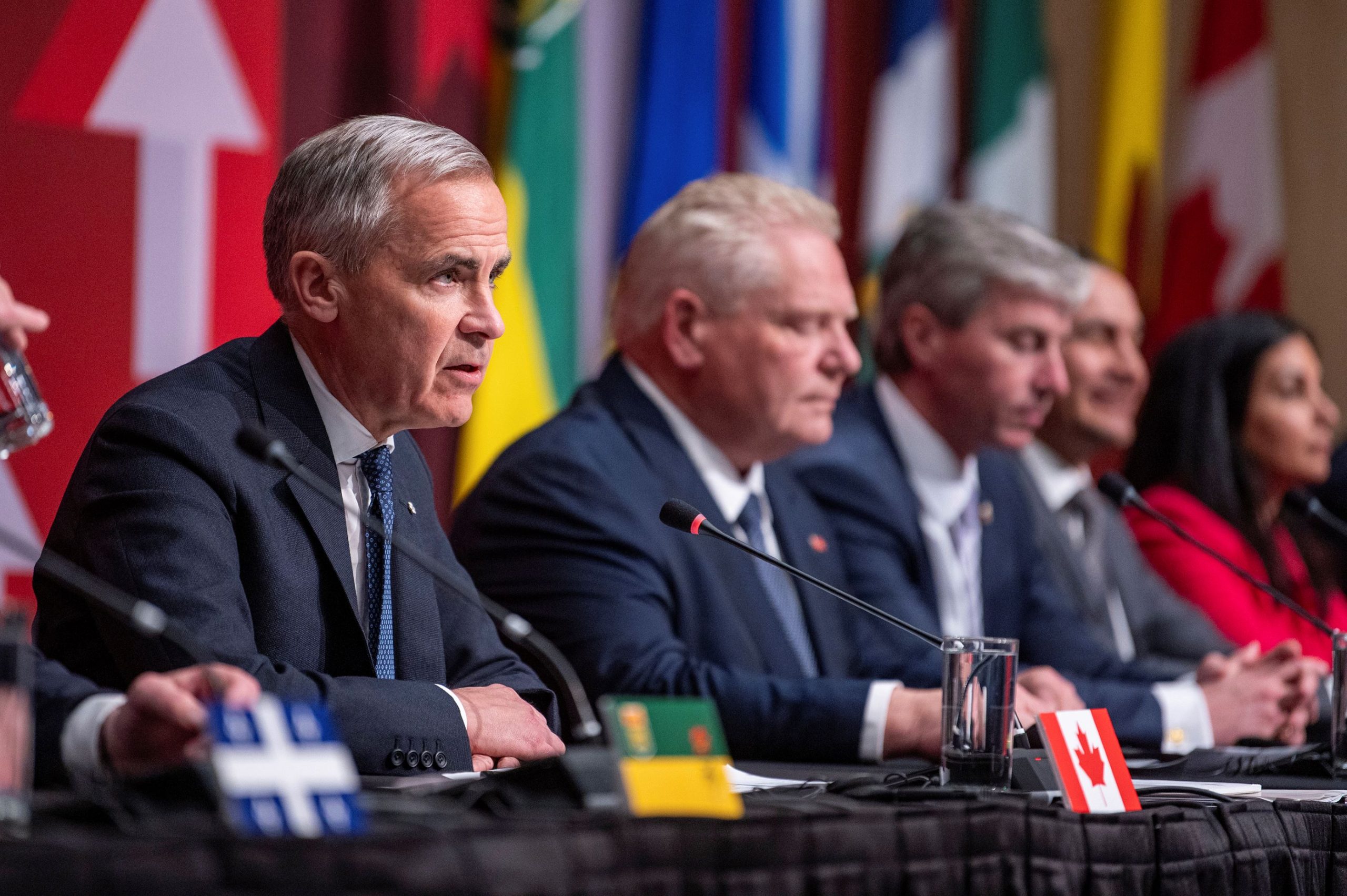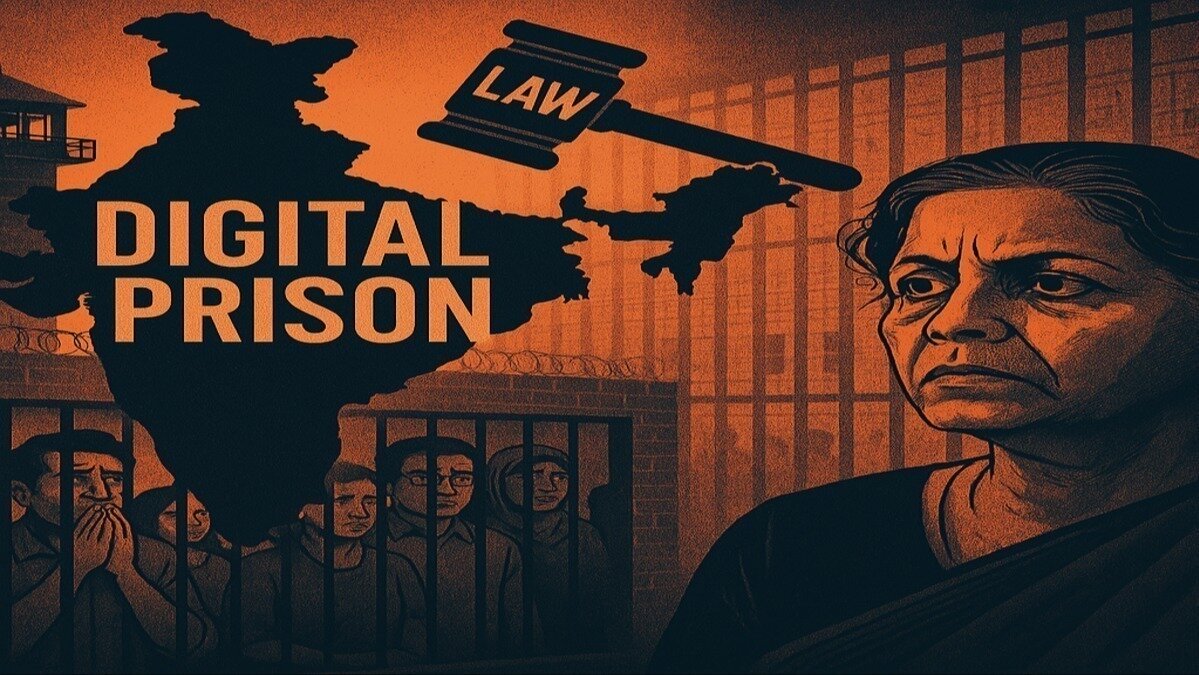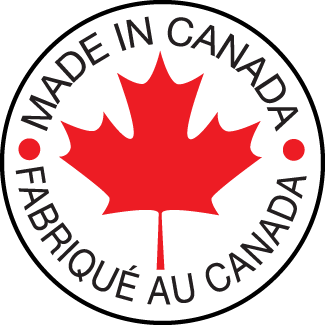In September 2023, Canadians marked a significant milestone as they celebrated Truth and Reconciliation Day for the first time in history. This day was intended to bring attention to the past injustices committed in residential schools, yet it often overshadowed the very real and pressing issues faced by Indigenous communities today. While apologies were made for historical grievances, there is a growing concern that these apologies have taken precedence over meaningful actions to address the current injustices. In this article, we will shed light on the critical challenges facing Indigenous communities, particularly the alarming rates of missing and murdered Indigenous women and girls.
Uncovering the Hidden Crises
Indigenous communities across Canada face a myriad of issues, including poverty, alcoholism, drug addiction, crime, and violence, especially within their schools. These problems have left these communities grappling with the harsh realities of daily life. Despite the prevalence of these issues, the plight of Indigenous women and girls often goes unnoticed.
The Alarming Disproportion
Indigenous women and girls in Canada are experiencing a disproportionate rate of physical and sexual abuse, with over 63% of them enduring these traumatic experiences during their lifetime. Sadly, much of this abuse is inflicted by family members or acquaintances, potentially linked to the high rates of alcoholism and drug addiction within Indigenous communities.
The Grim Statistics
The statistics are undeniably grim. Between 1980 and 2014, 56% of the murders of Indigenous women were committed by family members, 26% by acquaintances, and only 8% by strangers. Despite Prime Minister Justin Trudeau’s vocal support for Indigenous issues, a Statistics Canada report reveals that crimes against Indigenous women and girls are less likely to result in serious murder charges compared to non-Indigenous women.
The Trudeau Government’s Response
Trudeau’s response to the Indigenous crisis has been a topic of concern. While he claims to care about Indigenous issues, his approach primarily involves offering financial compensation, which, in some cases, has exacerbated problems such as alcoholism and drug addiction. Apologies for past wrongs, like the residential school system, have taken precedence over addressing the pressing issues faced by Indigenous women and girls today.
The Need for Real Solutions
The focus on past wrongs, such as the residential school system, is not conducive to addressing the immediate challenges faced by Indigenous women and girls. Despite recent settlements and financial compensation, there remains an urgent need for concrete actions aimed at protecting Indigenous women from going missing, being abused, and murdered.
Conclusion
While the acknowledgment of historical injustices is essential, it should not overshadow the very real and immediate challenges facing Indigenous communities, particularly Indigenous women and girls. The statistics are alarming, and the Trudeau government must take more substantial steps to address these issues, rather than relying on financial compensation and apologies for past wrongs. Only through focused efforts can we hope to make a difference in the lives of Indigenous women and girls, ensuring their safety and well-being in the present and the future.










